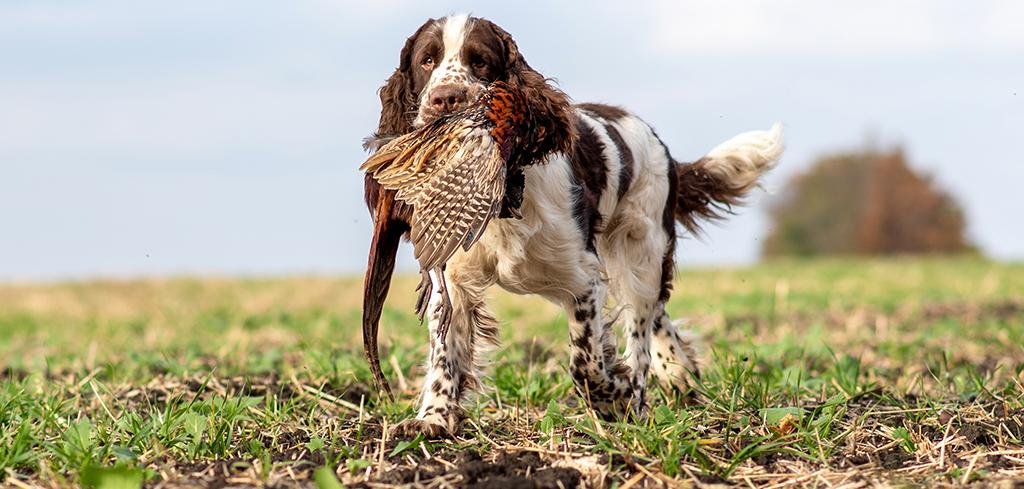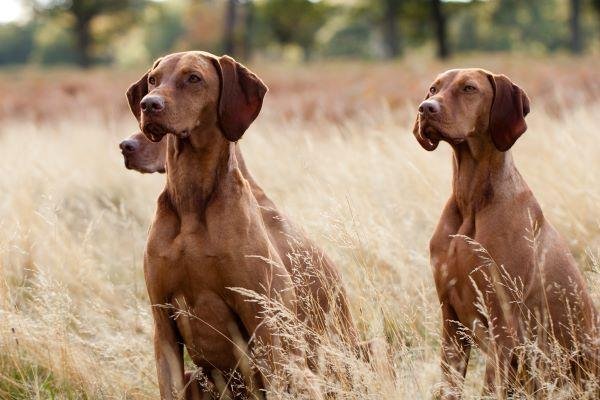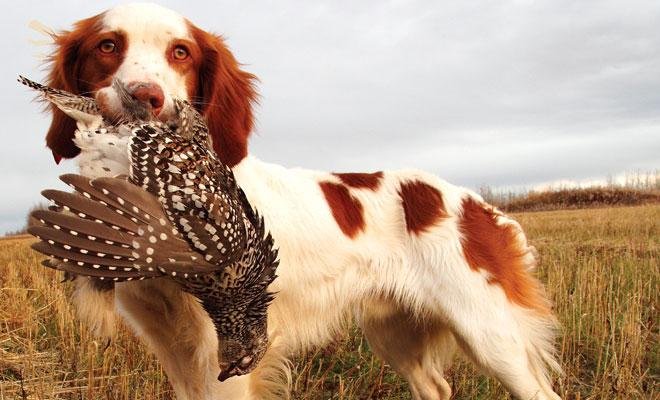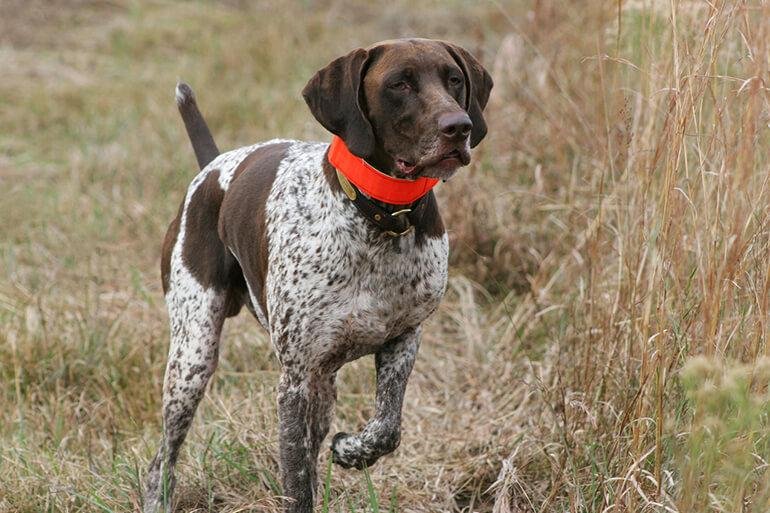introduction:
When it comes to hunting, having the right companion by your side can make all the difference. Enter the world of hunting dogs—loyal, spirited, and incredibly hardworking partners that have shared our outdoor adventures for centuries. From the steadfast Bloodhound, with it’s remarkable sense of smell, to the energetic Labrador Retriever, known for its love of water and retrieving, each breed brings unique skills to the hunt. But it’s not just about the right breed; their training is just as crucial in turning them into efficient hunting allies. In this article, we’ll explore some of the best hunting dog breeds, highlighting their distinctive traits, as well as offering essential training tips to help you unleash the full potential of your furry friend. So, grab your gear, and let’s embark on this exciting journey into the exhilarating world of hunting dogs!
Choosing the Right Companion: Exploring top Hunting Dog Breeds
When it comes to choosing a hunting companion, several dog breeds stand out for their remarkable skills, adaptability, and bond with humans. Each breed has unique traits that can complement various hunting styles and environments.Here are a few top hunting dog breeds you might consider:
- Labrador Retriever: Known for their pleasant nature and versatility, Labs excel in both waterfowl and upland game hunting.
- German Shorthaired Pointer: With their agility and keen sense of smell, these dogs are perfect for upland and waterfowl hunting alike.
- Beagle: Small but mighty, Beagles pack a lot of power for tracking game, especially rabbits.
- English Springer Spaniel: This breed is a favorite for flushing game birds and has a friendly demeanor.
- Weimaraner: Renowned for their endurance and speed, Weimaraners are excellent for both tracking and retrieving.
Before making your decision, consider the breed’s exercise needs, temperament, and training challenges. Training is crucial for a hunting dog, as it enhances their natural instincts while ensuring safety in the field. Here’s a simple comparison of these breeds based on key factors:
| Breed | Temperament | Exercise Needs | Training Difficulty |
|---|---|---|---|
| Labrador Retriever | Friendly | High | Easy |
| German Shorthaired Pointer | Energetic | High | Moderate |
| Beagle | Curious | Moderate | Moderate |
| English Springer Spaniel | Affectionate | High | Easy |
| Weimaraner | Stubborn | Very High | Challenging |

Essential Training Techniques for Your Hunting Partner
Your hunting partner deserves the best training to ensure a successful outing. Start with the fundamentals, focusing on socialization and basic obedience early on. A well-rounded hunting dog should be agreeable in various environments, around other people, and with different animals. Key techniques include:
- Exposure: Introduce your dog to different terrains and environments to build confidence.
- Targeted Training Sessions: Keep training short but consistent, focusing on one command at a time.
- Positive Reinforcement: Utilize treats and praise to encourage desired behaviors and commands.
As your dog progresses, incorporate more specific training related to hunting tasks. Weather you’re training for tracking, retrieving, or flushing, each dog breed may have unique capabilities that ought to be nurtured. Consider these specialized training tips:
- Retrieve Techniques: Use dummies or water to simulate real hunting scenarios.
- Tracking Games: Hide treats or toys and encourage your dog to seek them out, practicing scent detection.
- Mock Hunts: Organize practice hunts with other trained dogs to simulate real conditions.

Building a Strong Bond: Socialization Tips for Hunting Dogs
Building a solid connection with your hunting dog is essential for effective teamwork in the field. One of the most crucial aspects is socialization. Introduce your dog to a variety of environments, sounds, and experiences to enhance their adaptability and confidence.Consider the following activities:
- Group Training Sessions: Engage in training alongside other dogs to enhance their social skills.
- Outdoor Adventures: take them on hikes or to new parks to expose them to different terrains.
- Controlled introductions: meet other dogs and people in a safe setting to prevent aggression and fearfulness.
Furthermore, consider implementing positive reinforcement techniques during your socialization efforts.Make each new experience enjoyable with treats and praise, creating a positive association for your dog. Establishing a routine is also vital—integrating brief socialization sessions into your daily walks can yield impressive results over time. Here’s a fast reference table for effective socialization activities:
| Activity | Objective |
|---|---|
| visit a dog park | Enhance social skills |
| Join a training class | Promote discipline |
| Attend pet-friendly events | Expose to new experiences |

Keeping Your Dog happy and Healthy: Care Tips for Active Hunters
Ensuring your hunting dog remains both happy and healthy involves a mix of mental stimulation, physical activity, and proper care. Regular exercise is essential, especially during hunting season, but it’s also important to maintain a consistent routine throughout the year. Engaging in activities such as fetching, hiking, or agility training can keep their spirits high while concurrently honing their skills. Remember, these breeds thrive on a good challenge, so mixing up their routines with varied tasks will keep boredom at bay.
In addition to exercise, paying attention to their diet and health is crucial for your dog’s longevity and happiness. Consider these care tips to support your active hunting companion:
- balanced Nutrition: High-quality dog food tailored for active breeds can provide necessary energy.
- Regular Check-ups: Schedule vet visits to monitor health and vaccinations.
- Hydration: Ensure fresh water is always available, especially after outdoor activities.
- Grooming: Regular grooming will help keep their coat healthy and free of debris.
Insights and Conclusions
As we wrap up our journey through the world of hunting dogs, we hope you’ve found the perfect partner for your adventures in the wild. Whether you’re drawn to the enthusiastic energy of a Labrador Retriever or the keen instincts of a German Shorthaired Pointer, the connection between a hunter and their dog is truly something special. Remember, training your furry companion is no small feat, but with patience and love, you can mold them into the ultimate hunting buddy.
as you head into the fields or woods,keep in mind the importance of safety,respect for nature,and the joy of shared experiences. Your hunting trips are more than just a pursuit; they are opportunities to bond, create memories, and appreciate the great outdoors together. We encourage you to stay curious,keep learning,and most importantly,have fun with your four-legged friend.
So gear up, venture out, and let the adventures begin. Happy hunting—and may your days in the field be filled with plenty of tail wags and successful retrieves!

